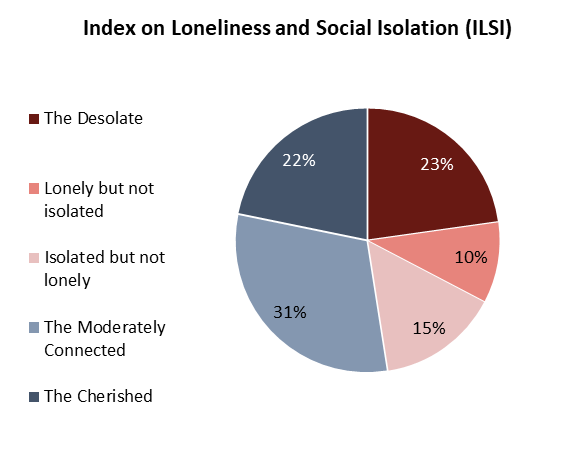Loneliness makes managing conflict even more difficult. Research shows that a lonely person may experience a shorter attention span, need longer time to process information, struggle to control emotions, want to avoid conflict, and experience feelings of worthlessness. As human beings we cannot get away from conflict. Here are four tips to help manage conflict for the lonely people we encounter, including ourselves.


